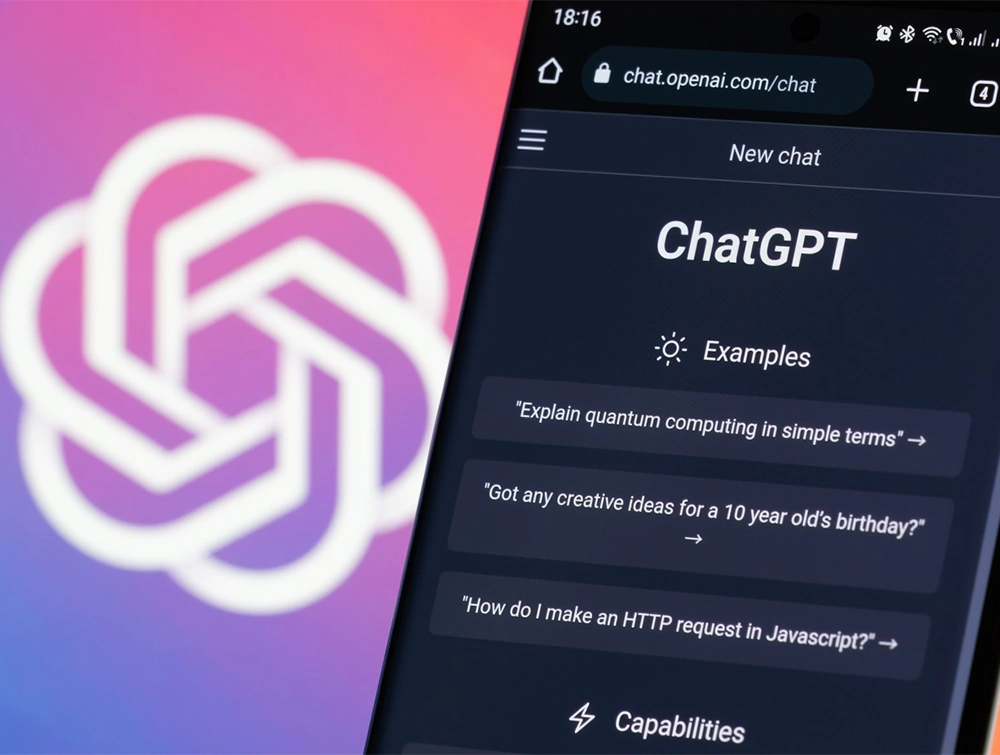
The AI field was dull and quiet, and the buzz it created mostly happened within its own field, and rarely reach far beyond its own audience.
But when OpenAI introduced ChatGPT as a AI chatbot tool, the internet was quickly captivated. This is because the AI is able to do a wide range of tasks, including writing poetry, technical papers, novels, and essays.
And when others, like Microsoft, started embedding the technology into Bing and Edge, despite with a few issues, and that even the underdog Opera wants to use it to power parts of its web browser, Google is starting to worry.
And when OpenAI starts monetizing ChatGPT with ChatGPT Plus, AI developers were indeed pampered.
With it, they can have better access to the AI, and with fewer restrictions.
This time, things get even better.
we dropped the price of our best text model 10x!
amazing work by our research and engineering teams for a long time to make this possible.https://t.co/pEfajDmAwc— Sam Altman (@sama) March 1, 2023
This is because OpenAI released its ChatGPT API.
What this means, developers can easily integrate ChatGPT into various applications and projects.
According to a blog post, the API should give developers "access to cutting-edge language (not just chat!) and speech-to-text capabilities."
And in addition to that, thanks to "system-wide optimizations," OpenAI said that it achieved a 90% cost reduction for ChatGPT since December 2022, and with the release of the API, it is passing those savings to API users.
Alongside the API for ChatGPT, the company also releases another API for Whisper, a speech-to-text model OpenAI open-sourced in September 2022.
But more importantly, the release of the API also comes with the release of the Chat Markup Language, which is an OpenAI’s format for developers to communicate with the ChatGPT API.
"Traditionally, GPT models consume unstructured text, which is represented to the model as a sequence of “tokens.” ChatGPT models instead consume a sequence of messages together with metadata," explained OpenAI.
This allows developers working with ChatGPT to have a very clear format and framework to build on top of these APIs.
This should also ensure a good first step into creating best practices around the development of new AI models with greater security and efficiency.
additionally, we are offering dedicated instances, a new chat markup language, and whisper in the API.
— Sam Altman (@sama) March 1, 2023
Another worthy aspect about the release, is the fact that data sharing is opt-in, rather than opt-out.
What this means, developers using the APIs can keep the data from being sent, and use them for whatever ways they want, including to further improve their models.
For example, some may use ChatGPT to power customer service services for financial institutions, or for helping people in proprietary things. If data sharing is opt-out, developers have to opt-out manually because if not, data would be shared to OpenAI.
By making it opt-in, entities like banks should have a bit a peace of mind, since they know that the AI won't be sharing clients' data and investment portfolio to OpenAI.
This in turn should give confidence to more companies to build on the top of the technology.

This is certainly a good news for the many developers out there who wish to use ChatGPT in their projects.
For OpenAI, giving so many goodies is its strategy to move fast.
Since the introduction of ChatGPT, the technology quickly captivated the internet. It only took ChatGPT two months to become the fastest-growing consumer app in the world, with 100 million users.
The strategy here is that, OpenAI is trying to welcome as many developers and adopters, as quickly as it can, before worthy competitors come out.
At this time, while OpenAI has a head start, and that is has backups from Microsoft, opponents like Google and Meta are developing their own projects to compete with ChatGPT.
It's even said that on paper, Google Bard is superior to ChatGPT, and that Facebook's LLaMA also has abilities that ChatGPT doesn't.
The announcement by OpenAI was made days after CEO Sam Altman said about OpenAI's plan for artificial general intelligence (AGI).